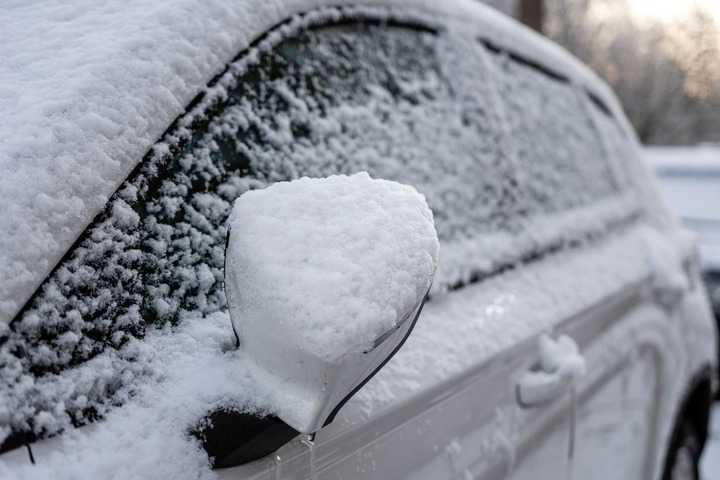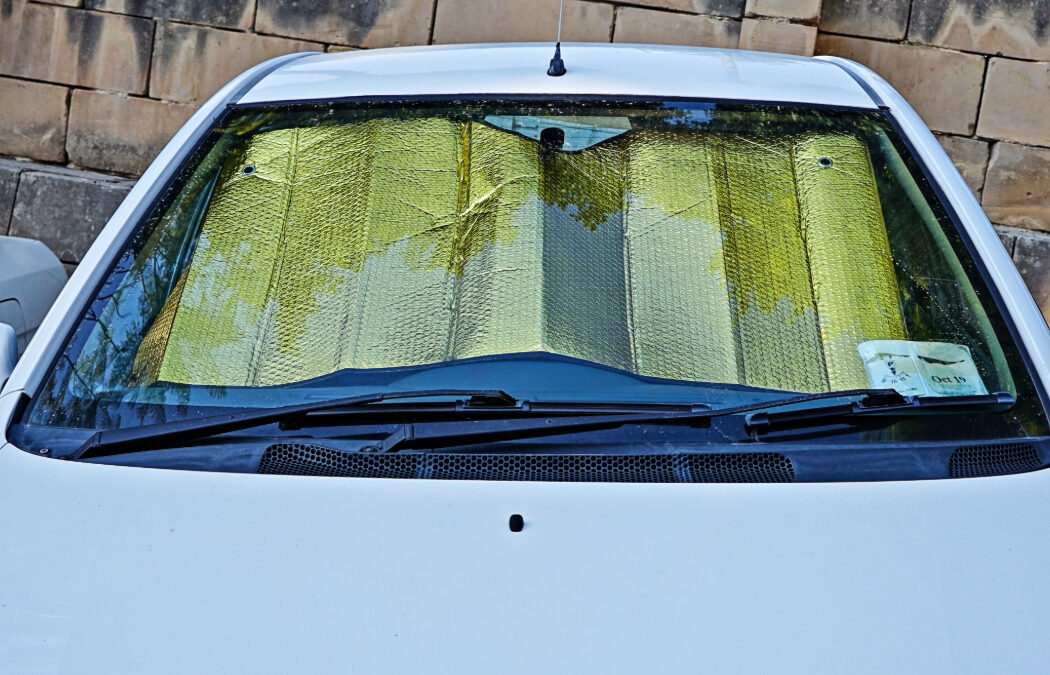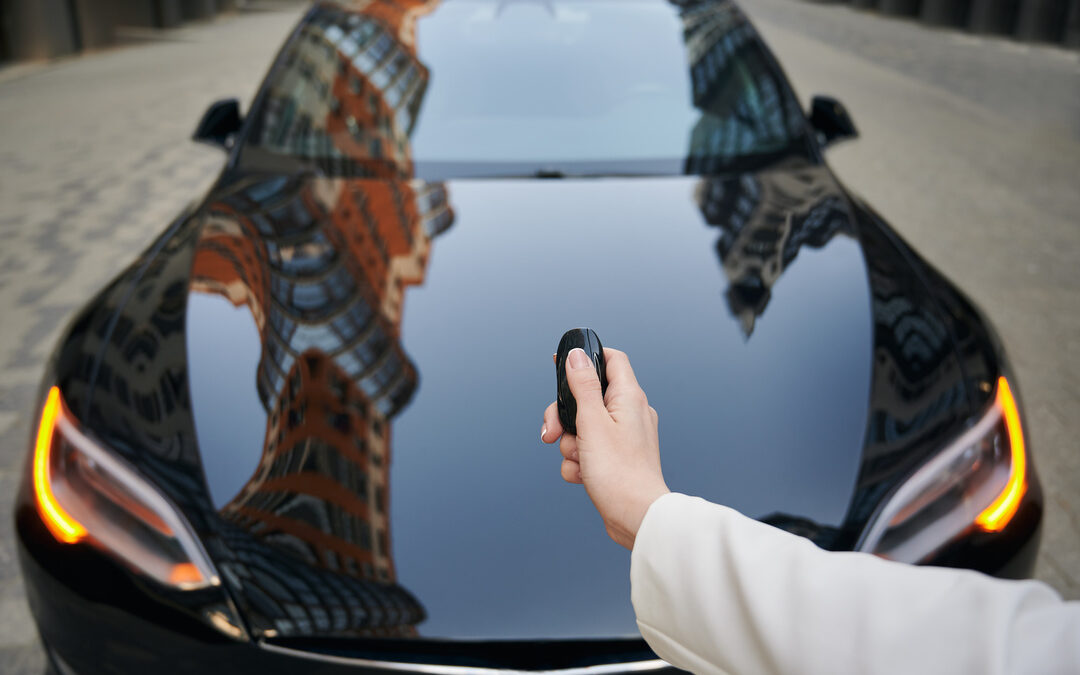Most people think of window tint as a summer-only solution. But the truth is, high-quality window film can make just as much of a difference in the winter, especially in a place like Massachusetts, where icy roads, low sun, and freezing temperatures are part of everyday life.
If you’re wondering whether window tint is worth the investment during the colder months, here is what you need to know.
How Window Tint Works in Cold Weather
Window film doesn’t just darken your windows. It’s a multi-layered material designed to control how heat and light move in and out of your car.
In the winter, window tint helps by:
- Retaining interior heat so your car warms up faster and stays warm longer
- Blocking glare from low-angle sun, snow, and ice reflections
- Filtering UV rays, which can still damage your skin and interior materials, even on cloudy winter days
Just like window film reduces heat from entering your car in summer, it also keeps the heat from escaping when temperatures drop. This helps your heater work more efficiently during early morning starts.
You can learn more about how tint behaves in all conditions in our post on how window tint works.

Benefits of Tint During Dark, Icy Winter Months
Massachusetts winters are brutal. Long nights, low visibility, and road glare make driving harder. Window tint helps reduce several of those issues.
Here are the top benefits during winter:
- Faster heat-up time
Quality tint helps the inside of your car retain warmth, so your heater doesn’t need to work as hard. - Less frost and fog buildup
Tinted windows resist condensation better than untreated glass, helping reduce fog on cold mornings. - Reduced glare from snow and headlights
Winter glare can be blinding. Tinted windows cut down on reflection from snowy streets and oncoming traffic. - Protection from winter sun
UV rays don’t go away in winter. Window film blocks them year-round, which protects both your skin and your car’s interior.
If you park outdoors, especially overnight, tint can also reduce interior temperature swings, which helps protect electronics and materials from wear and tear.
The Best Types of Film for Cold Climates
Not all tint performs the same in cold weather. If you want performance that lasts through freezing mornings and icy commutes, here are your best options:
- Ceramic tint: Blocks infrared heat, reduces interior heat loss, and performs well in all seasons
- Carbon tint: A step below ceramic, but still offers strong heat retention and won’t fade or bubble
- Clear ceramic film: Great for those who want winter insulation without the darkened appearance
Avoid cheap dyed films. They don’t provide insulation benefits, and they tend to fade, crack, or bubble when exposed to extreme temperature changes.
If you drive an SUV with factory privacy glass, consider adding clear ceramic film over those windows for added UV and heat protection.
Common Myths About Winter and Window Tint
There are several common myths that keep drivers from using window tint in the colder months. Let’s set the record straight.
Myth 1: Tint doesn’t help in winter
Reality: It absolutely does. It insulates, reduces glare, and protects your car from UV damage even in cold weather.
Myth 2: Tint prevents defrosters from working
Reality: A professional installation over heated glass works fine. If you’re concerned, check out our guide on tinting over heated rear windows.
Myth 3: It’s better to wait for spring
Reality: Fall and winter are great times to install tint. Shops have more availability, and your car benefits immediately from better insulation and glare protection.
Talk to a Local Tint Expert About Winter-Ready Options
Massachusetts drivers need tint that works year-round, not just in the heat. If you are considering adding film this season, talk to a shop that understands the local tint laws and offers the right product for cold weather.
Use this checklist when choosing your installer:
- Ask if they offer ceramic or infrared-blocking film
- Confirm they can install on vehicles with heated rear glass
- Make sure their films are legal in Massachusetts and come with a VLT rating
If you are not sure what’s legal, visit our summary of Massachusetts tint laws so you do not end up with a fine after your next inspection.
Final Thoughts
Window tint isn’t just for summer. The insulation, glare reduction, and UV protection it offers are just as important, if not more, during the harsh New England winter. Choosing the right film now can improve your comfort, protect your vehicle, and make your morning drives safer all season long.
Want to winter-proof your car with the right tint?
Visit Mass Tint Guide to find trusted tint shops in Massachusetts offering cold-weather-ready film options that meet state laws. Get year-round performance and peace of mind, before the frost hits.



0 Comments